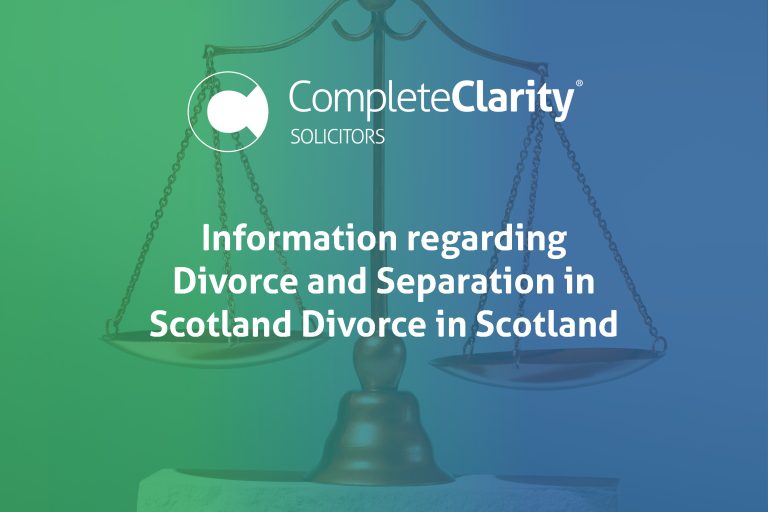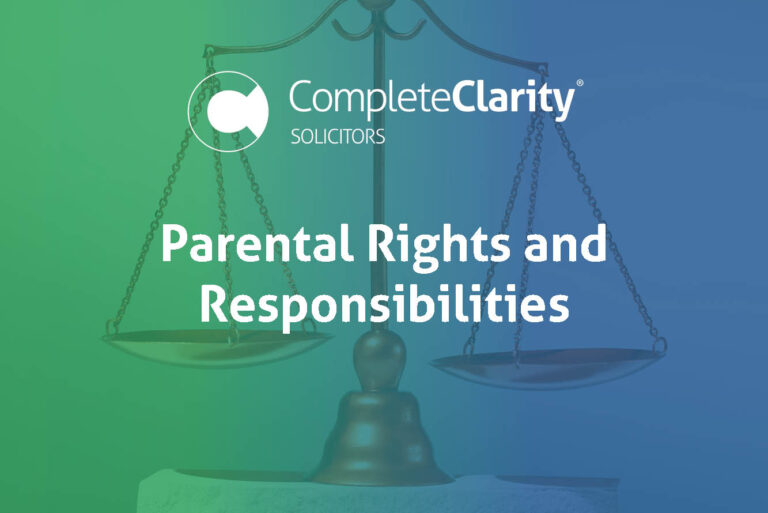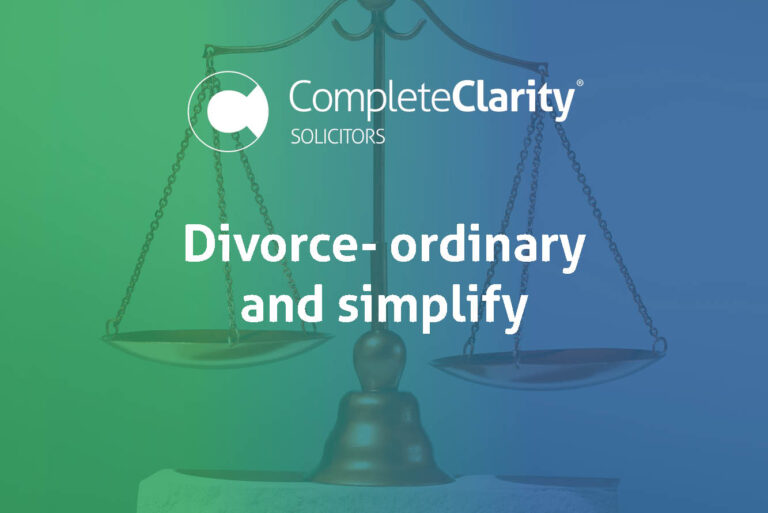What does cohabitation mean?
According to section 25 of the Family Law (Scotland) Act 2006, cohabitants are “two people of the same sex who are (or were) living together as if they were civil partners” or “a man and a woman who are (or were) living together as if they were husband and wife.” The court will also take into account “the length of the period during which the parties have been living together (or lived together), the nature of their relationship during that period, and the nature and extent of any financial arrangements subsisting, or which subsisted, during that period,” according to Section 25 of the Family Law Act, when determining if someone is a cohabitant.
Many couples now decide to cohabit rather than get married for a variety of reasons. Most recently, we have seen the pandemic acting as a spur for some couples to move in together and cohabit to avoid the tight stay-at-home norms and the prohibitions on household mixing that result in isolation and loneliness. Unaware of the legal implications, it is understandable that many people will have chosen to cohabit solely out of concern for their own and their partner’s mental health.
Misconceptions about a cohabitation agreement
The legal implications of cohabitation are still the subject of some widespread misconceptions. Some people believe that cohabitants have no legal rights and that only married couples are entitled to them, while others believe that after living together for a certain number of years, you become “common law married” and have the same legal rights as married couples. Each is a major urban myth and none is true!
Separating cohabitation rights
The Family Law (Scotland) Act of 2006 established rights for cohabiting couples who are divorcing. These essentially consist of a cohabitant’s right to request financial compensation to make up for any economic disadvantage they may have experienced as a result of their contributions to the relationship, as long as that disadvantage has not been offset by any advantages they may have received from the other party’s contributions. Contributions might be made directly, like making financial payments, or indirectly, such as curtailing one’s career or taking care of any children from the partnership. Additionally, a claim may be made to ensure that the cost of raising any children from the connection would be split.
Rights of separating spouses and civil partnership
Hence, cohabitants do not share the same legal privileges as married couples or civil partners who divorce. The Family Law (Scotland) Act 1985 contains the rights of spouses and civil partners. If a civil partner or spouse separates from their partner, they are entitled to a fair portion of the net marital estate that was in existence at the time of the separation. The value of any assets held in the parties’ joint or individual names as of that date, with certain exceptions, less any equivalent marital debts, constitutes the net matrimonial property. Although this is frequently divided equally between the parties, there may be exceptional circumstances that require a different division.
What’s the current situation for cohabitants?
The Scottish Government conducted consultations when it was considering the issue of cohabitants’ rights and discovered that many did not want to be subject to any legislation at all because they had chosen not to marry and did not want to be burdened with the legal responsibilities that came with it. Despite the fact that some cohabitants feel resentful that they do not have the same rights on separation as married couples, the Scottish Government did consult. In order to prevent injustice and give a way for people who had been wronged to seek compensation, the government passed the 2006 Act; but, in light of the feedback they received from the consultation process, they did not go so far as to equalise cohabitation with marriage.
What are Cohabitation Agreements in Scotland used for?
Since cohabitants have legal rights upon separation, it is essential to have legal counsel before moving in with a partner if you are thinking about doing so. Before making the decision to move in together, the majority of couples will find it advantageous to sign a cohabitation agreement. This is akin to the Pre-Nuptial Agreement that people who plan to get frequently married sign before saying “I do.”
Property rights for cohabiting couples
The fact that one party has been making mortgage payments on a home that is registered in the other party’s sole name is one of the most frequent problems that occur when a cohabiting couple separates. A legal dispute will then develop, with one party requesting a capital sum to reflect the proportionate growth in property worth, while the other will counter that they were merely paying rent and that the connection had additional benefits for them that outweighed any disadvantage. These cases come with considerable legal expenses. By entering into a cohabitation agreement, the parties can avoid paying these charges. The agreement can specify things like who will pay the bills and the mortgage, as well as how much, if any, will go to one of the parties in the event of a separation.
When parties are contributing differently to the cost of a property even if it is being purchased in their combined names, a cohabitation agreement is frequently used. When a couple separates, the agreement may specify what those contributions are as well as how the value of the property should be divided, such as proportionally based on the contributions or, in cases where there is also a joint mortgage, with the gifts being returned to the parties and any value above that being divided equally.
When parties are contributing differently to the cost of a property even if it is being purchased in their combined names, a cohabitation agreement is frequently used. When a couple separates, the agreement may specify what those contributions are as well as how the value of the property should be divided, such as proportionally based on the contributions or, in cases where there is also a joint mortgage, with the contributions being returned to the parties and any value above that being divided equally. If you want to talk about a cohabitation agreement, please contact a member of our knowledgeable family law team.
- Exploring Shared Child Custody in Scotland: Is a Father Entitled to 50/50 Custody?- Child Arrangements
- At what age can a child choose which parent to live with in Scotland?
- What is a c100 form family law Scotland – Solicitor
- Prioritising the Welfare of Children Scotland solicitor
- Prenuptial agreements are essential for safeguarding your assets during a divorce in Scotland
- What to expect during the initial phase of the divorce process Inspiration to rewrite Solicitor Scotland
- A child’s right to residence and contact – Child Law Solicitor
- Everything you need to know about surrogacy arrangements in Scotland
- Can a parent leave everything to one child in Scotland? understanding Scottish inheritance laws
- Demystifying divorce and dissolution Solicitor Scotland










